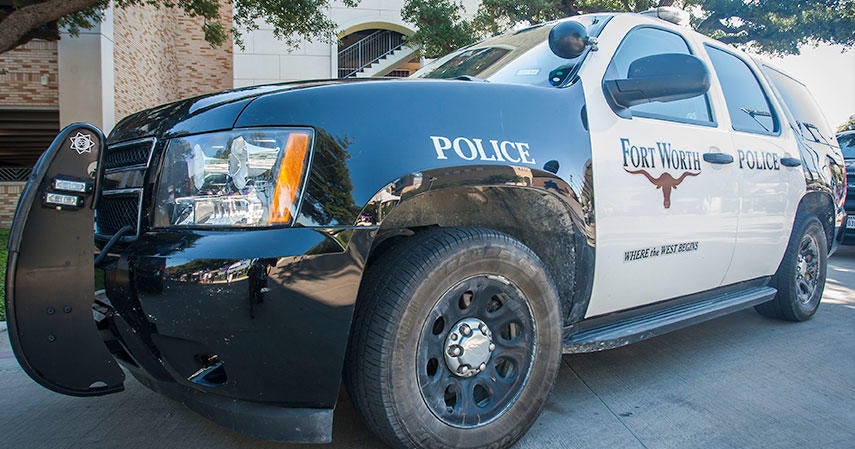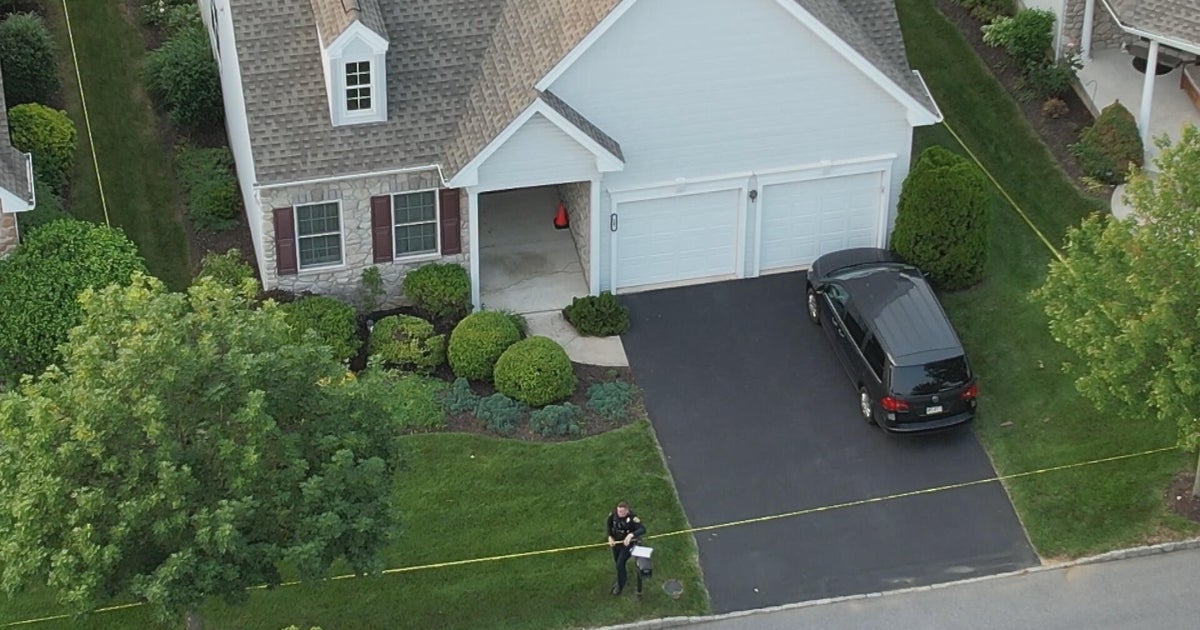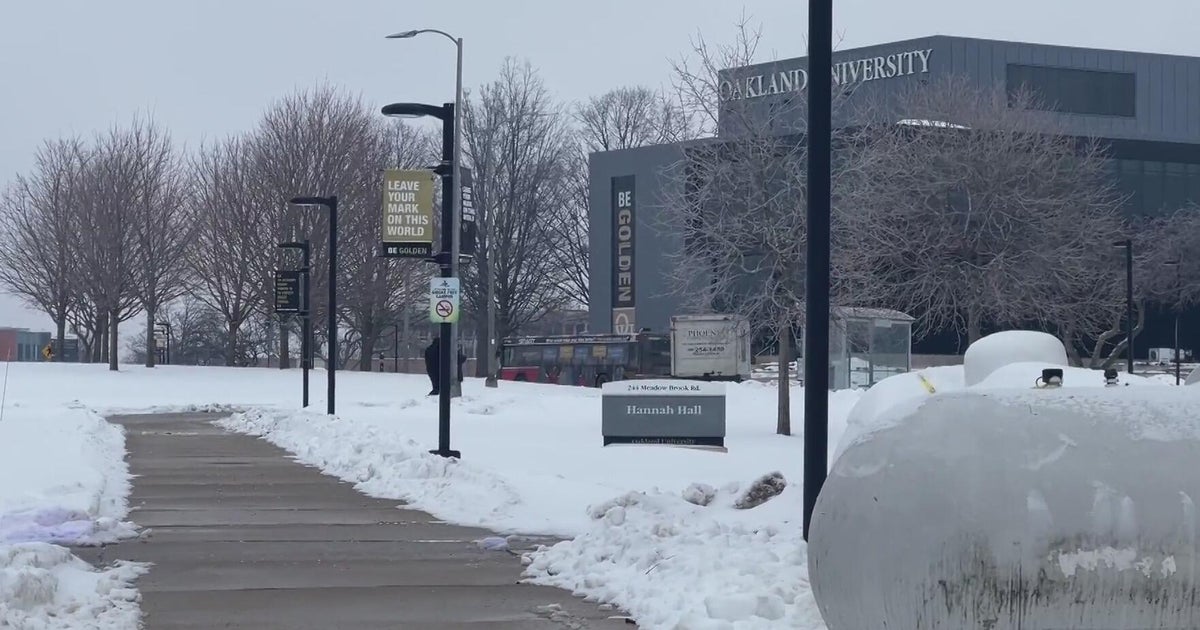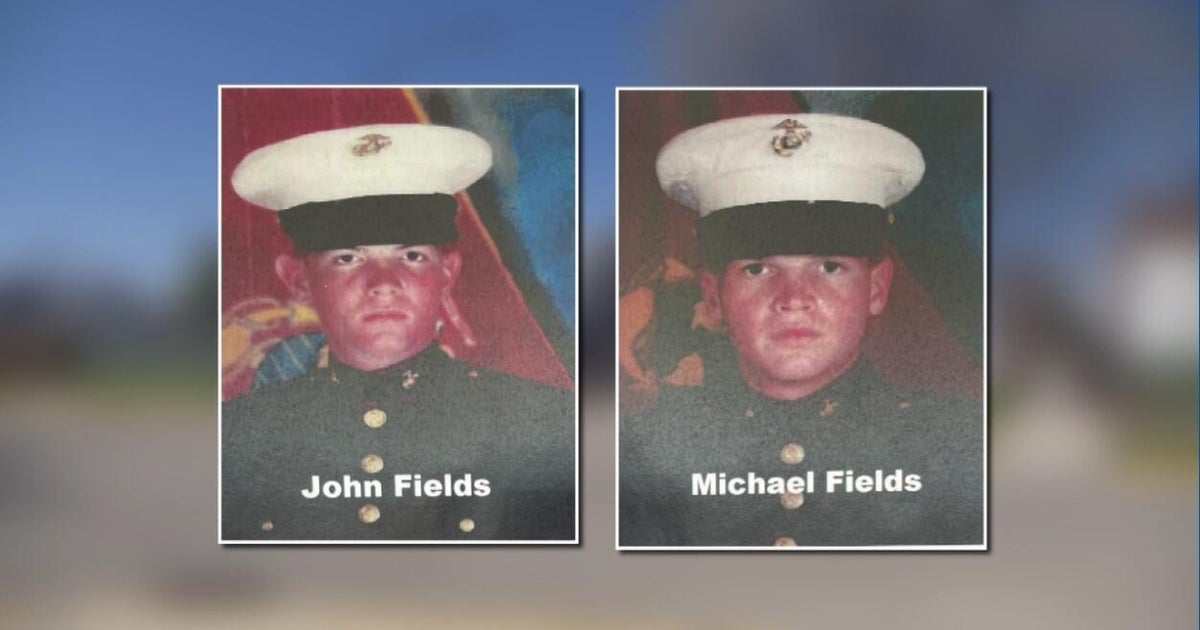Cold case solved in Dallas County's first murder conviction using forensic genealogy
DALLAS — In a first for Dallas County, the suspect in a cold case murder was convicted using investigative genetic genealogy.
The case goes all the way back to 1986.
In November of that year, Garland police say Barbara Villarreal was stabbed to death at her home. Investigators cleared her husband from the case and police said they recovered DNA evidence from the scene but the case remained cold for decades.
Just last year, 86-year-old Liborio Canales was arrested after investigators say advancements in technology finally allowed for new testing to be done on blood collected at the scene.
Through investigative genetic genealogy, police say they were able to match the DNA to Canales and tracked him down in New Mexico. He is the victim's brother-in-law.
Tuesday, prosecutors say Canales' guilty plea to the murder came with a 20-year prison sentence. Garland police say the 86-year-old told investigators he was upset with Villarreal over some kind of family argument.
While this was the first murder conviction using this technique in Dallas County, other similar cases have used genealogy.
A little more than 3 years ago, the technique helped catch a serial rapist who was sentenced to life in prison.
David Thomas Hawkins was 74 when he was arrested. Prosecutors say he was linked to four rape cases in the 1980s.
The genetic forensic genealogy was the same technology used to track and arrest the Golden State killer in California.
Advanced DNA uses DNA evidence to find links with blood relatives who have given permission for their results to be public.
"Once we upload this data we get back what we call cousin matches," said Cheryl Hester, with Advanced DNA. "These are relatives that match the DNA and they match it at all different levels ... A lot of these cases would not be solved without genetic genealogy."
Fort Worth police said DNA techniques have been around since the 80s, but the way DNA is extracted and tested continues to be developed.
Investigators went through a private lab to get DNA off the bra of a victim killed in 1974. Because of advancements, police say the lab was able to get a full profile of the suspect and then matched it to an entry in the genealogy database.
That led to the arrest and conviction of Glen McCurley in Fort Worth for murder.







